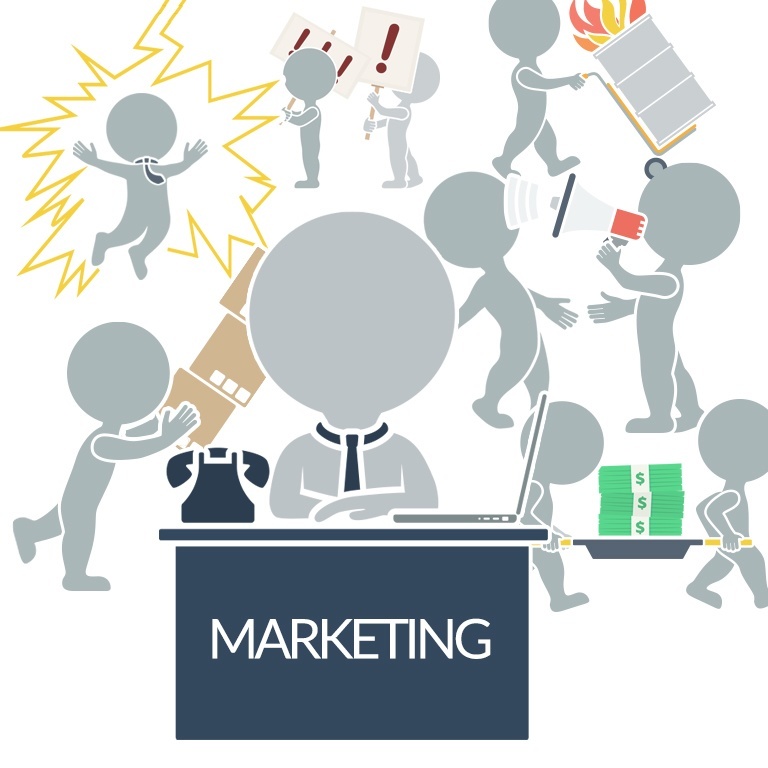
If you haven’t had the opportunity to go in and see what Facebook is all about, I recommend you carve some time into your schedule and get up to speed. According to their website, “Facebook is a social utility that helps people communicate more efficiently with their friends, family and coworkers. The company develops technologies that facilitate the sharing of information through the social graph, the digital mapping of people’s real-world social connections.” After giving Facebook a spin for the past week, I have to say that it is a fairly remarkable piece of technology that has some real potential for use by the orchestra field…
At the core of Facebook is the activity of “making friends” which is accomplished by both active and passive means. You can either send invitations to someone to become your friend or wait for others to approach you. Being someone’s friend allows you access to their profile and vise versa.
Although that process sounds straightforward, Facebook attempts to create as many intersections between individuals as possible and the do more than a fiar job at finding connections that you might have otherwise overlooked. One of the more clear-cut methods to finding friends is to upload all of your email addresses and Facebook will go out and find anyone on that list and invite them to be your friend.
Personally, that method crosses an Orwellian line and I would never dream of giving my address book to a third party resource regardless of how much they profess to keep information secure. Fortunately, there are plenty of other ways to run across people you already know or find new friends with similar interests.
The really fun part of Facebook that has potential for this business is the ability to create a variety of custom apps that tie people together via their interest in classical music. Instead of throwing out a few examples, take 15 minutes out of your day at some point this week and create a Facebook account for yourself and go exploring. Keep in mind, unless you want to be a virtual hermit, you’ll have to let others see at least part of your profile at some point so use some common sense: don’t put anything in your profile you wouldn’t want the general public to know.
 In the meantime, I’m interested in hearing back from readers to see how they think something like Facebook could serve as a useful tool to not only attract an audience but help them grow into becoming sincere stakeholders in their respective orchestra.
In the meantime, I’m interested in hearing back from readers to see how they think something like Facebook could serve as a useful tool to not only attract an audience but help them grow into becoming sincere stakeholders in their respective orchestra.
Oh, and if you already have a Facebook profile (or plan on creating one this week) don’t forget to send me an invitation so we can be friends…



Do you know that there are 41 Andrew or Drew McManuses on Facebook? This is one of the limitations on Facebook-unless I didn’t know what Drew looks like from his website or the fact that he lives in Chicago, I’d have never known which Drew to invite to be my friend. Also, some orchestras exist as Facebook groups created by fans (awesome) and as institutional members. This could easily be confusing for patrons.
Another quick thought-you need to have someone within your organization to maintain your institutional Facebook profile on a consistent basis. An organization (which shall remain nameless) that I’ve worked with had Facebook & MySpace pages designed by an intern. They look nice, but they haven’t been updated since late August. The intern has since left, and the pages just sit, probably because staffers have too much else to do, or it isn’t part of their duties. People won’t visit websites that have static content for weeks…
Those are my quick 2 cents…don’t get me wrong, I’m all for using Facebook, but I think time & resources need to be directed towards an organization’s Facebook page for it to be successful.
I’ve run across this problem a few times as I attempt to find friends I have been out of touch with for years and am not sure where they have been. When you aren’t friend’s with someone on facebook you are not allowed to view their profile, however, facebook does allow you to view all their friends and also lets you see what mutual friends you have. So finding Drew on facebook, by a little sleuthing work (known in the college lingo as “facebook stalking”), if their were two “Drew McManuses” on the site, I could view their friends and see that one has the majority of their friends with pictures of them holding instruments or having attended music schools and then infer that this is most likely the one with the weblog on orchestra management.
Shouldn’t well all be practicing?
I’ve been thinking about the Facebook question for the last few days. I’m certain that it can be a very useful tool, but it’s the “how” that I haven’t quite worked out yet. In the case of the orchestra I work for (the Mid-Atlantic Symphony Orchestra, a small regional orchestra performing in Maryland and Delaware), we play in a relatively rural area with a high concentration of retirees. These retirees are unlikely to use Facebook, so it’s probably not a very good method to reach that segment of our audience.
But people in their teens, twenties, and on into middle age are more likely to use Facebook. The question is, how to get them to connect with the orchestra on Facebook? Setting up an organizational profile and keeping it updated and interesting is one thing, but getting people to “friend” the orchestra is another. I’d be curious to hear what others think about this.
Once you get them on your friend list, I think there are a lot of great ways Facebook can be used to keep people up to date on what is going on in the organization. You can post status messages, photos, videos…plus (and I think this is important), it’s a way that stakeholders can communicate with the organization (via the wall) in a friendly, relaxed way.